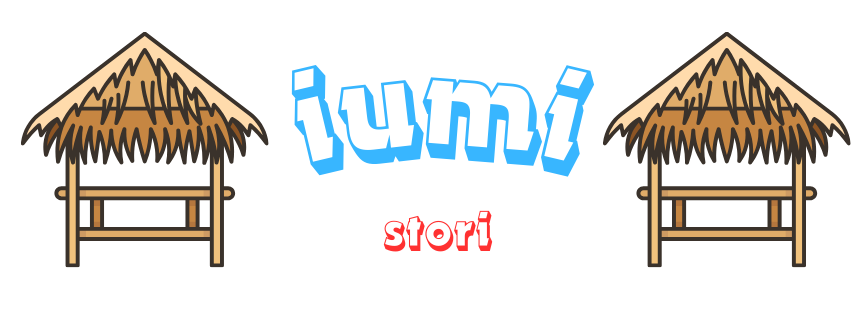A weeklong workshop on the UNESCO 2005 Convention on the Protection and Promotion of the Diversity of Cultural Expressions, with a focus on Creative Cultural Industries (CCI) and Intellectual Property (IP), has been taking place at the National Museum Gallery since Monday. Organized by the Ministry of Culture and Tourism, the event aims to enhance understanding of these critical areas among Solomon Islands’ creative sector.

Director for Culture, Mr. Dennis Marita
Director for Culture, Mr. Dennis Marita, opened the workshop, emphasizing the importance of CCI fostering a thriving creative economy. He highlighted the global and regional economic potential of the CCI sector and encouraged creators from performing arts, visual arts, literary arts, cinematography arts, and other creative fields to take full advantage of the sessions.

The UNESCO 2005 Convention segment is facilitated by Dr. Elise Huffer, an Adjunct Associate Professor at the Oceania Centre for Arts, Culture, and Pacific Studies at the University of the South Pacific. She is also the Regional Vice Chair for Oceania of the Commission on Environmental, Economic, and Social Policy (CEESP).
Dr. Huffer explained that while Solomon Islands has yet to ratify the convention, international agreements require nations to meet specific obligations before signing. She covers the important aspects on the Protection and Promotion of the Diversity of Cultural Expressions.

The Intellectual Property segment is led by Pita Niubalavu, a legal expert with a Master of Law in Intellectual Property and Traditional Knowledge from the Queensland University of Technology. With over a decade of experience, Mr. Niubalavu’s presentations cover copyright law, trademarks, patents, digital transformation, and music monetization.
Guest speakers include Mr. George Hoa’au, the new Permanent Secretary for Justice and Legal Affairs, and Mr. Sholto Rodney Manebosa, the new Registrar General of Solomon Islands. They provided updates on efforts to improve the Office of the Registrar General and strengthen intellectual property governance.

The interactive workshop also provided the opportunities for local veteran musicians who gained regional fame in the 1980s and 1990s to share their views on the music industry and the current copyright law. Similarly, some Honiara-based younger musicians, who now distribute their music online through platforms such as mJams, StreamSquid, TIDAL, and Spotify, highlighted both the opportunities and challenges of digital platforms. There is also a concern for Artificial Intelligent (AI) music productions being discussed, especially AI music startups such as Suno and Udio.
An important revelation during the workshop was that since its enactment in 1987, Solomon Islands’ Copyright Act has never been tested in court for music-related cases. An online search on the Pacific Islands Legal Information Institute (PACLII) database confirmed that the only known copyright-related legal disputes in the country involved television rights issues between Solomon Islands Telekom Company Ltd and SATSOL in 2011 and 2012. However, it remains unclear if the database has omitted any relevant music copyright cases.

The workshop also discussed patent laws, particularly considering Solomon Islands’ 2019 membership in the World Intellectual Property Organization (WIPO). WIPO’s framework aims to protect genetic resources and traditional knowledge, ensure fair benefit-sharing, and provide access to funding, technology, and capacity-building initiatives.
However, Solomon Islands currently lacks its own intellectual property legislation. The country still relies on the Registration of United Kingdom Patents Act 1992, which mandates that all patents must first be registered in the UK before being recognized in Solomon Islands.
The Ministry of Justice and Legal Affairs has expressed a strong commitment to developing local intellectual property legislation to address these challenges.
The workshop is set to conclude Monday next week.
//End/
GP Media.



